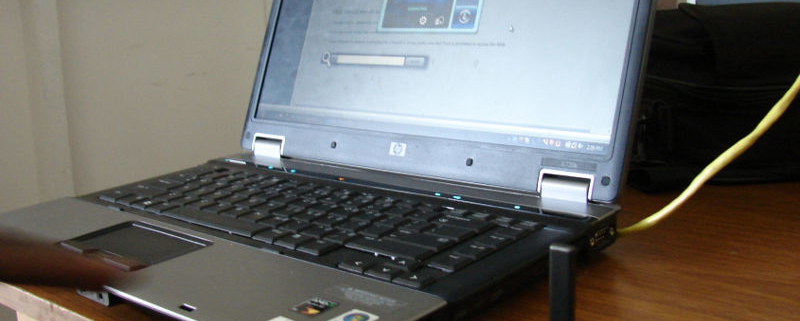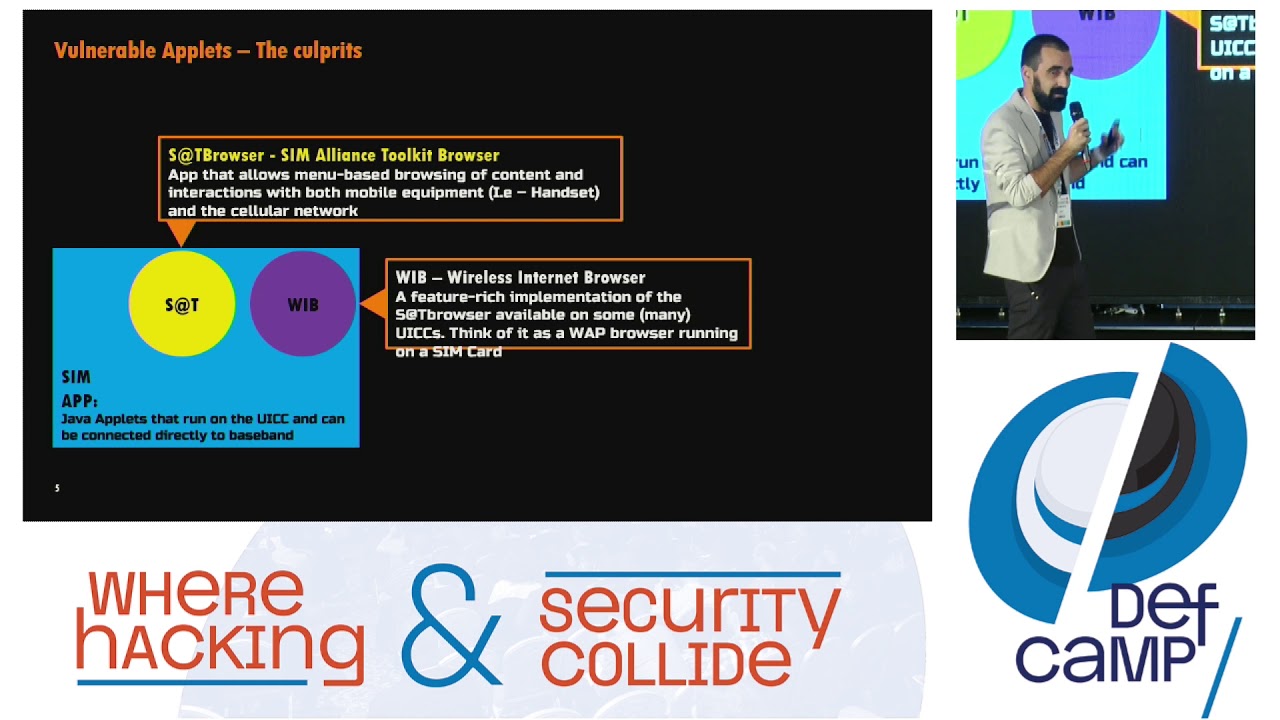As we celebrate Computer Security Day let’s remind each other of these good habits
Every single one of us relies on some computer for our daily activities. For some, work means sitting in front of a computer. And with the work-from-home shift, this number is quite large now. For some, entertainment is the goal in this era of social distancing and limited gatherings. So pocket computers have been a godsend. The social animal needs the WhatsApps, Twitters and Facebooks to keep in touch with friends and foes, and computers help with that.
That’s all well and good, however, a computer in isolation is limited in utility. We need our computers to play nice with each other to truly enjoy them. The internet is the vehicle through which we link our computers.
You need to collaborate with colleagues on a spreadsheet as you work from home? The internet links you all up and you can share the document. Or even work on it at the same time whilst in different locations. Your favourite YouTuber sends their video to YouTube’s computers and you are given access to YouTube’s computers to watch the video.
It’s all rather beautiful but as it is with physical interactions, wherever people congregate there are others looking to rob, cheat and steal. They seek to gain access into computers they do not have authority to access. Then steal passwords and send themselves money from others’ bank accounts. They hold corporations’ data at ransom until they are paid or even blackmail individual users when they get access to confidential information.
Computer Security Day
The Computer Security Day is ‘designed to raise awareness and to promote best practices in Information Security.’ On this day we should share experiences, acquire knowledge and gain an understanding to safeguard our information – be it personal or organisational.
Basic ways to safeguard yourself on the internet
In general
- Use strong passwords – password managers can help you with this. Read more on this here.
- Password-protect everything – you should require a password to access your phone, computer or any other device. That’s especially true for your router. It’s not that your data could be depleted that’s the biggest worry. Competent hackers can access your computers…


